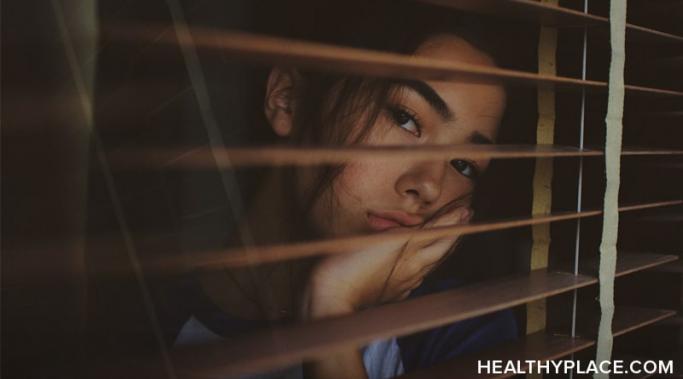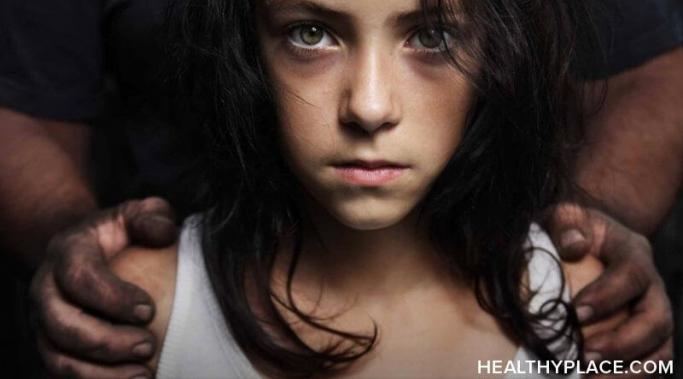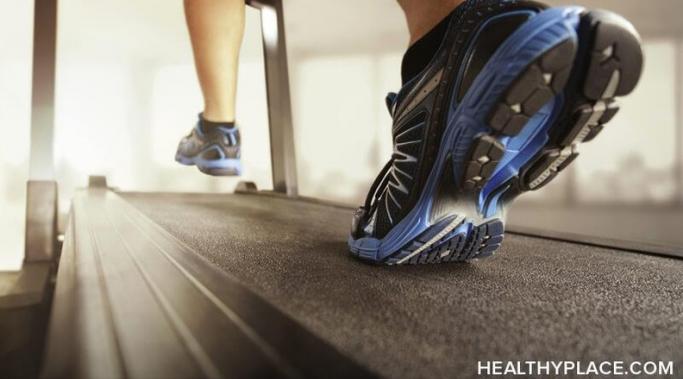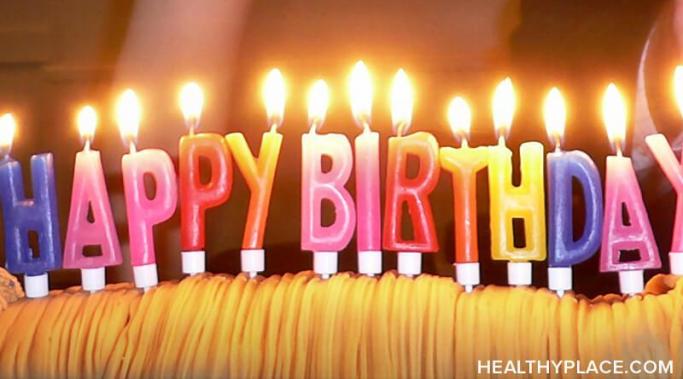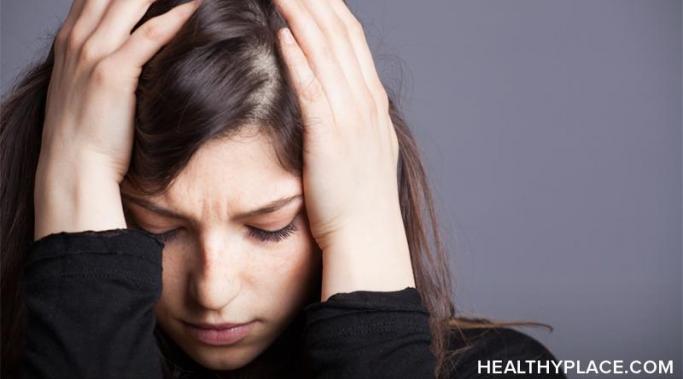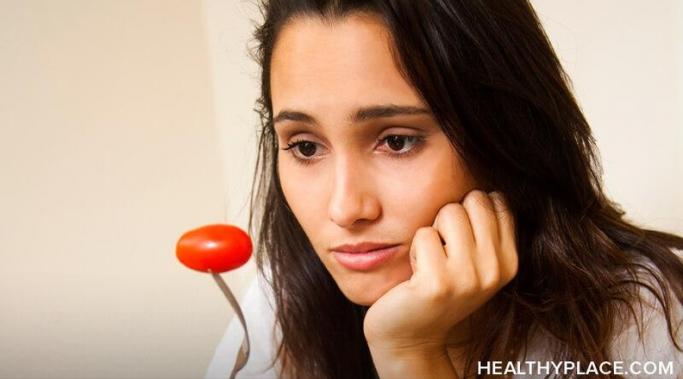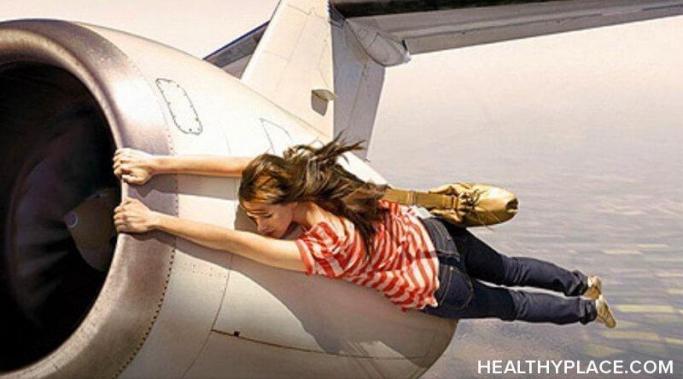A change of perspective can do wonders to change your mindset, and this is why, when my destructive thoughts get to be too much, I go to nature to support my eating disorder recovery.
Anxiety and Eating Disorders
I am exercising less in quarantine—and that is acceptable. In these last few months, COVID-19 has disrupted many of the routines and norms that were baked into my life without question before, and one of those routines is fitness. My motivation to workout seems to decline with each passing day, which is unusual for me, a committed runner with a history of chronic overexertion.
While it has been proven that anyone—no matter their life circumstances—can suffer from an eating disorder, some people who experience acute trauma could be more vulnerable to this illness than others. So, I think it's important to raise awareness for the prevalence of eating disorders in human trafficking victims.
Exercise can be a great tool to help you through eating disorder recovery, but my experience has shown me the thin, blurry line between healthy exercise and over-exercise in eating disorder recovery. In recent weeks, the COVID-19 pandemic and my mental health fall-out has revealed just how much of my self-worth has been wrapped up in my workouts. It was a sobering realization and one I vowed to change.
Celebrating your birthday in eating disorder recovery can be challenging. So many celebrations in life are riddled with expectations, and for those of us in any sort of recovery, the weight of these expectations can feel crippling.
The term "social distancing" has become part of our culture's mainstream lexicon over the past few months, but for the sake of those in eating disorder (ED) recovery (or any mental health issue, for that matter), can we please not call it social distancing anymore? The idea of creating barriers socially between ourselves and other people can exacerbate the sense of isolation or disconnection that many individuals who battle eating disorders are already too familiar with. In fact, experts within the field of public health agree the phrase is harmful and advocate that it be known as "physical distancing" instead.
No one wants a mental health emergency at any time, but having a mental health emergency during the COVID-19 pandemic showed me how neither I nor the emergency room hospital staff was prepared to deal with a mental health crisis in this unsettling--and downright terrifying--time.
How can we prioritize eating disorder recovery in the midst of COVID-19? Social distancing is the newest buzzword of our culture, and #FlattenTheCurve is our latest hashtag as we all stumble through this unprecedented reality of the coronavirus, so I will be honest—it's an inconvenient, anxiety-inducing time to have a complicated history with food and exercise. But despite the shifts in my routine or the lack of control and normalcy, I choose to still prioritize my eating disorder recovery in the midst of COVID-19.
In my experience, people in the early stages of eating disorder recovery often rush their progress. Unfortunately, this rush adds pressure to an already stressful situation, which can cause people to experience more setbacks than necessary.
Traveling in recovery from an eating disorder poses some challenges. How big those challenges are will depend on where you are in your recovery. I've recently returned from a week-long vacation to Cuba with my family, and even a decade into recovery, I faced my fair share of hurdles.

